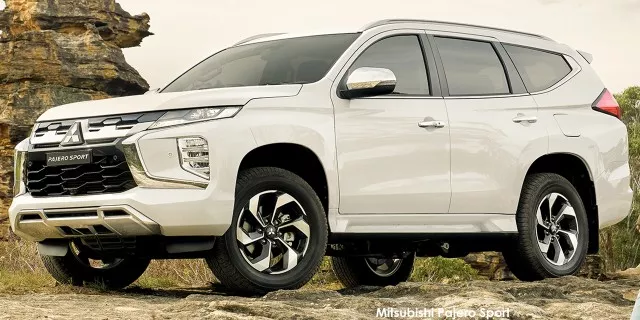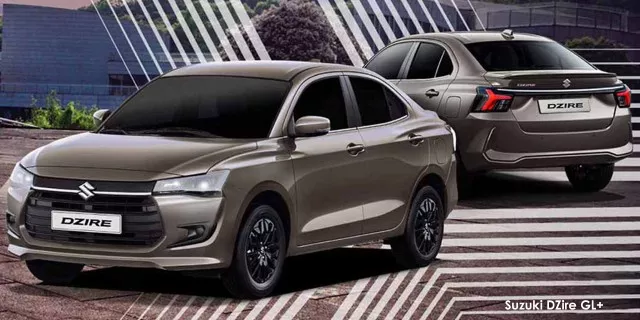The future-proof car trackers taking South Africa by storm

Car trackers are considered a vital tool for South African road users, but they could soon be made obsolete.
Most new vehicles now offer some form of internet-based connection, which offers a more versatile range of services while still providing the safety net of a tracker.
Modern solutions
Several major automakers in South Africa, including BMW and Toyota, now sell cars that feature a SIM or eSIM with a built-in modem that can connect to the internet.
Many of these services have an affiliated smartphone app that monitors the car’s various attributes, such as its health status.
What’s more, these e-services can also track the vehicle’s location, fulfilling a very similar role to a traditional tracking device.
This is of particular interest in South Africa, as the high rate of hijackings and other motoring-related crimes means that car trackers have become a major business, meaning that this technology has the potential to cause a fundamental shift in the way the industry operates.
A sales representative at a Toyota dealership recently disclosed to MyBroadband that Corolla Cross customers were seeing more success with stolen vehicle recoveries via the MyToyota car app than through dedicated car tracking devices.
Car companies aren’t the only ones benefitting from these services, either, as they are required to partner with local network providers to ensure their coverage reaches their customers.
Mobile network operators provide the car SIMs with mobile data and value-added services, which allows the vehicle to send and receive information from the internet.
Vodacom said these services have the potential to replace tracking solutions entirely, though it is highly dependent on a client’s personal circumstances.
“This will depend on the specific needs of an organisation or car owner,” it explained.
“Ultimately, the decision will come down to the cost of the service.”
In South Africa, trackers are usually a prerequisite for insurance that directly affects the premiums a customer pays.
More expensive coverage typically offers better services, including 24/7 nationwide vehicle recovery operations.
Customers can then offset this cost through premium discounts or by installing a tracker when signing up for their plan, and insurers use the data gathered by trackers to analyze risk and other factors that will direct their policy decisions.
This means that trackers are deeply embedded in South Africa’s automotive landscape, so it is unlikely that they will be replaced entirely within the next few years.
MTN believes trackers will not be replaced in the short term, arguing that the current e-services offered by automakers are more complementary than essential in nature.
However, these services will continue to improve as time goes on, which means they will become more widespread and motorists will become less reliant on third-party trackers.
One issue with these systems, however, is that they cannot be retrofitted to older models, which means it will take years for South Africa’s ageing car population to be phased out with newer ones fitted with the tech.

Advantages of car connections
One of the other chief advantages of car-based internet connections is that they are far more difficult to remove than an external tracker.
Since eSIMs and modems are installed during assembly, they are well-integrated into the vehicle’s architecture, which means that thieves will have to carefully deconstruct the car to remove it without compromising its other functions.
Beyond their tracking potential, the apps that these connections are paired to offer a wide range of value-added features, such as a health tracker that monitors tyre pressure, the engine’s condition, and, in the case of an electric vehicle, its battery charge status.
Manufacturers also use these apps to manage a digital logbook of the car’s activities, which customers can use to track their car’s maintenance history or book a service.
It’s worth noting that car tracking companies will not be made obsolete by this technology. It is unrealistic to expect that every automaker in South Africa will maintain a nationwide fleet of recovery and emergency assistance responders.
It’s more likely that, as integrated car trackers become more widespread, these companies will partner with South Africa’s existing vehicle security network.
BMW, for example, recommends that its customers also install a third-party tracker for stolen vehicle recoveries, rather than relying exclusively on their service.
This suggests that external trackers are likely to still be a part of South African car culture for years to come, even if they are technically redundant when most new cars offer a similar feature that’s baked into the purchase price.








